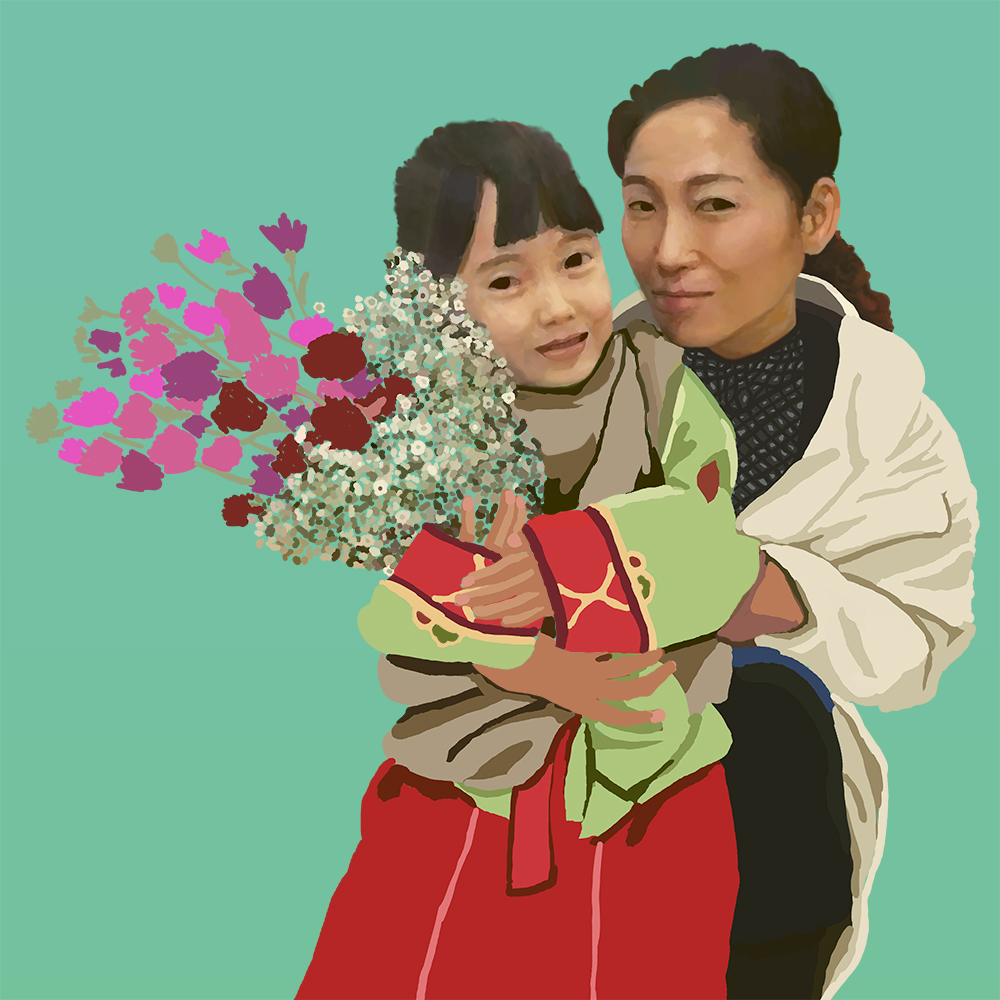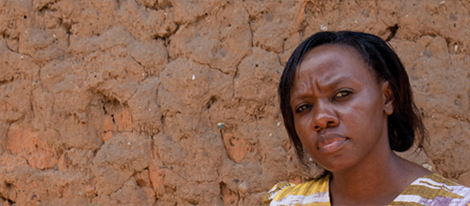
APPEAL TO SUPPORT THE RESISTING GREEK PEOPLE and its TRUTH COMMISSION ON PUBLIC DEBT
FOR THE PEOPLES’ RIGHT TO AUDIT PUBLIC DEBT
To the people of Europe and the whole world!
To all the men and women who reject the politics of austerity and are not willing to pay a public debt which is strangling us and which was agreed to behind our backs and against our interests.
We signatories to this appeal stand by the Greek people who, through their vote at the election of 25th January 2015, became the first population in Europe and in the Northern hemisphere to have rejected the politics of austerity imposed to pay an alleged public debt which was negotiated by those on top without the people and against the people. At the same time we consider that the setting up of the Greek Public Debt Truth Commission at the initiative of the president of the Greek Parliament constitutes a historic event, of crucial importance not only for the Greek people but also for the people of Europe and the whole world!
Indeed, the Truth Commission of the Greek Parliament, composed of volunteer citizens from across the globe, is destined to be emulated in other countries. First, because the debt problem is a scourge that plagues most of Europe and the world, and secondly because there are millions and millions of citizens who are rightly posing basic and fundamental questions about this debt:
“What happened to the money that made up this loan? What were the conditions attached to it? How much interest has been paid, at what rate? How much capital has been repaid? How was the debt allowed to accumulate without benefiting the people? Where did the capital go? What was it used for? How much was diverted, by whom, and how was this done?
“And also: Who took out this loan and in whose name? Who granted the loan and what was their role? How did the state become involved? By what decision, taken with what authorisation? How did private debts become ‘public’? Who set up such inappropriate schemes, who pushed in this direction, who profited from them? Were offences or crimes committed with this money? Why has penal civil, criminal and administrative responsibility not been established?”
All these questions will be subjected to rigorous analysis by the commission, which has an official mandate to “gather all information relevant to the emergence and disproportionate increase in public debt, and to subject the data to scientific scrutiny in order to determine what part of that debt can be identified as illegitimate and illegal, odious or unsustainable, during the period of the Memoranda, from May 2010 to January 2015 as well as in the preceding years. It must also publish precise information – which must be accessible to all citizens, provide the evidence to back up public declarations, raise awareness among the Greek population, the international community and international public opinion, and finally draw up arguments and demands calling for cancellation of the debt.
We consider that it is the most basic democratic right of every citizen to demand clear and precise answers to these questions. We also consider that refusal to reply constitutes a denial of democracy and transparency on the part of those at the top who invented and use the “debt-system” to make the rich richer and the poor poorer. And even worse: we consider that by jealously keeping for themselves the monopoly right to decide the fate of society, those at the top deprive the overwhelming majority of citizens not only of their right to make decisions but above all of the right to take their destiny and the fate of humanity into their hands!
This is why we are launching the following urgent appeal to all citizens, social movements, ecological and feminist networks and movements, trade unions and political organizations that reject this ever less democratic and humane neo-liberal Europe: Show your solidarity with the Greek resistance by supporting in action the Greek Public Debt Truth Commission and its work in identifying that part of the Greek public debt which is illegal, illegitimate, odious and/or unsustainable.
Defend it against the outrageous attacks it has been subjected to from all those forces in Greece and the rest of the world who have an interest in keeping the truth about the “debt-system” hidden from view.
Actively take part in the citizen debt audits that are being developed throughout Europe and elsewhere.
Share your support and solidarity on your social networks, since this support and international solidarity is the only way to thwart the ruling powers’ plan to suffocate Greece and the people who are fighting against our common enemy: the politics of austerity and the debt that is strangling us!
We are confronted by an experienced adversary, united, well-coordinated, armed with extraordinary powers and absolutely determined to pursue its offensive against every one of us to the bitter end: we who constitute the overwhelming majority of our societies. We cannot allow ourselves the luxury of resisting separately, each in his own corner. So let us unite our forces in a vast movement of solidarity with the Greek resistance and support for the Truth Commission of the Greek Parliament, multiplying such debt audit commissions everywhere where that is possible. Because the struggle of the Greek people is our struggle and their victory will be our victory. Our unity is our only strength
United we stand; divided we fall!
Click here GreekDebtTruthCommission.org to sign this Appeal
(Image Credit: Committee for the Abolition of Illegitimate Debt)
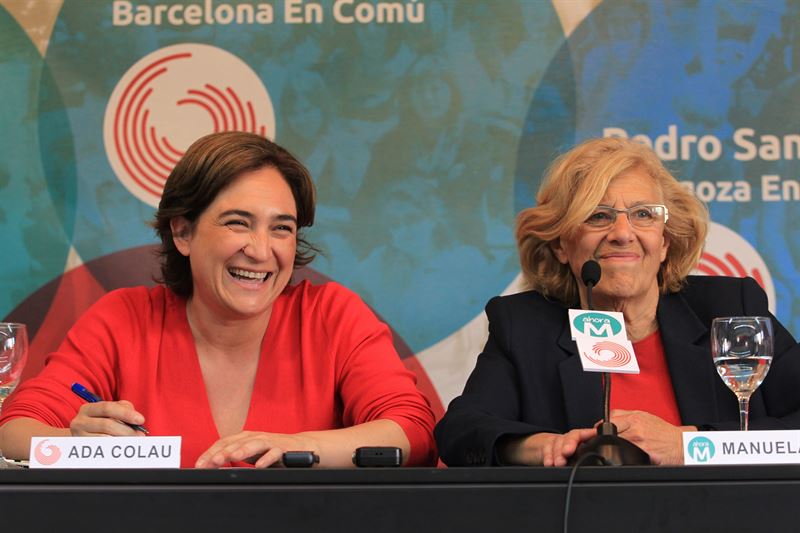

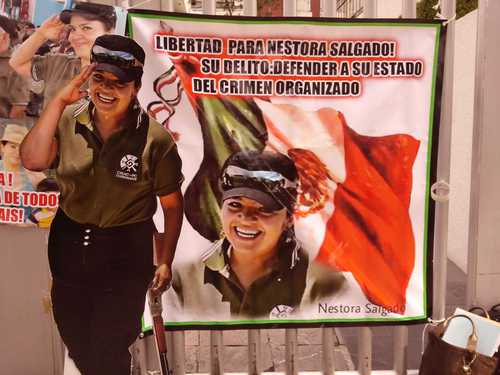


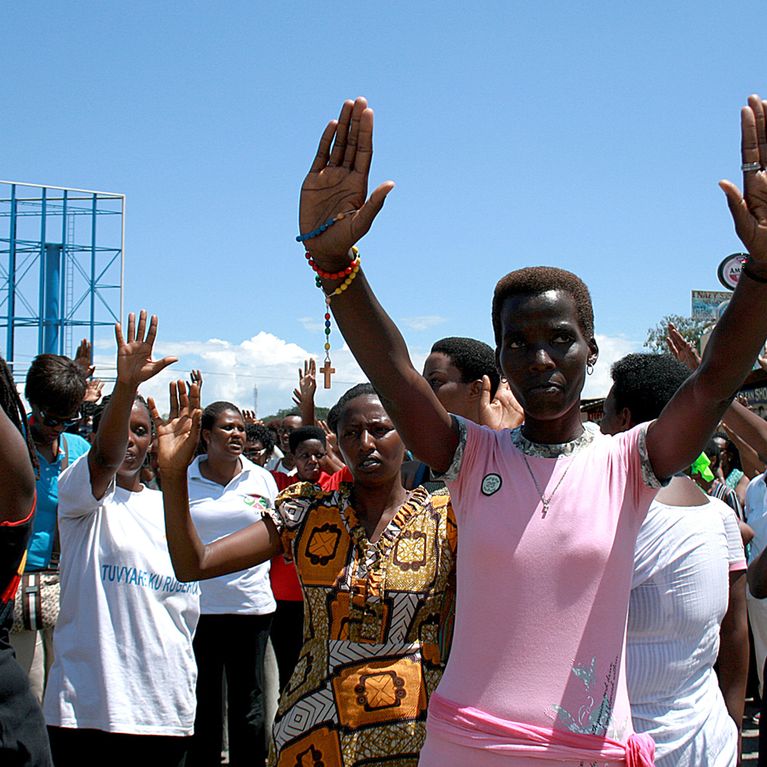
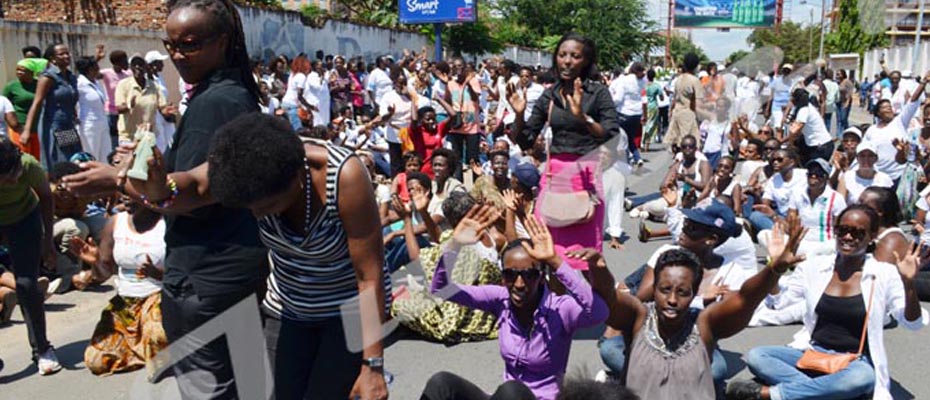
 Last month,
Last month, 
